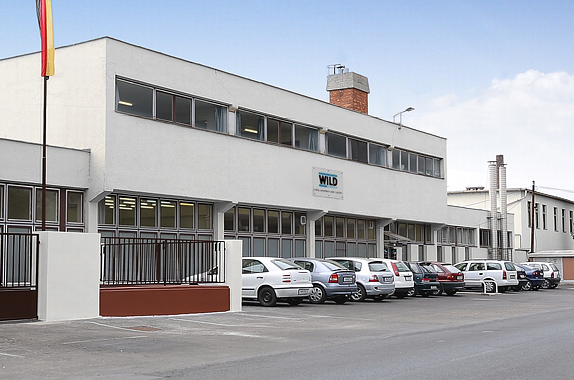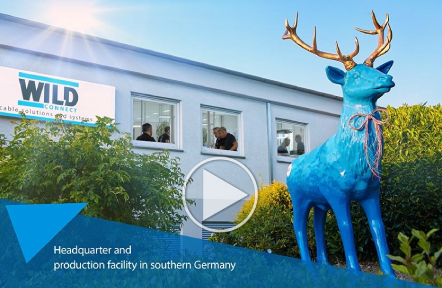Additional services ⋅ Reliability across the board
To manufacture good and reliable products is only one side of the coin. Flexibility and reliability when delivering the goods is the other – and is by no means less challenging.
To improve our reaction times and increase our readiness for delivery, we place great value on …
- EDI services for exchanges with suppliers and customers
- Ship to Line – Direct delivery to production lines
- Consignment warehousing
- KANBAN
Consignment warehousing
Do you have any questions?
Your contact person
„I would be happy to further inform you about our additional services.“
KANBAN – and what customers gain from it
In more detail:
A Kanban system is principally controlled at the final stage of production. If the warehouse inventories of a particular material fall below a defined minimum value (the reorder level), then this information will be reported to the upstream production unit and will then initiate the production/replenishment of material for the location affected. In the classic Kanban system, the chain of communication uses so-called Kanban cards, which are delivered to the depots/sinks with the filled freight container. As soon as the contents of the container have been consumed, the sink places the card in a collection box that is in turn regularly handed to the relevant source. The source then begins with the production/replenishment of the type and amount of material defined on the card and stores it in Kanban containers. As soon as the containers are filled up with the amounts required, they are transported together with the Kanban cards to the buffer stores of the source. From there, the sink can supply itself with the new materials. The outcome is a self-controlling asynchronous system with no central planning authority.







